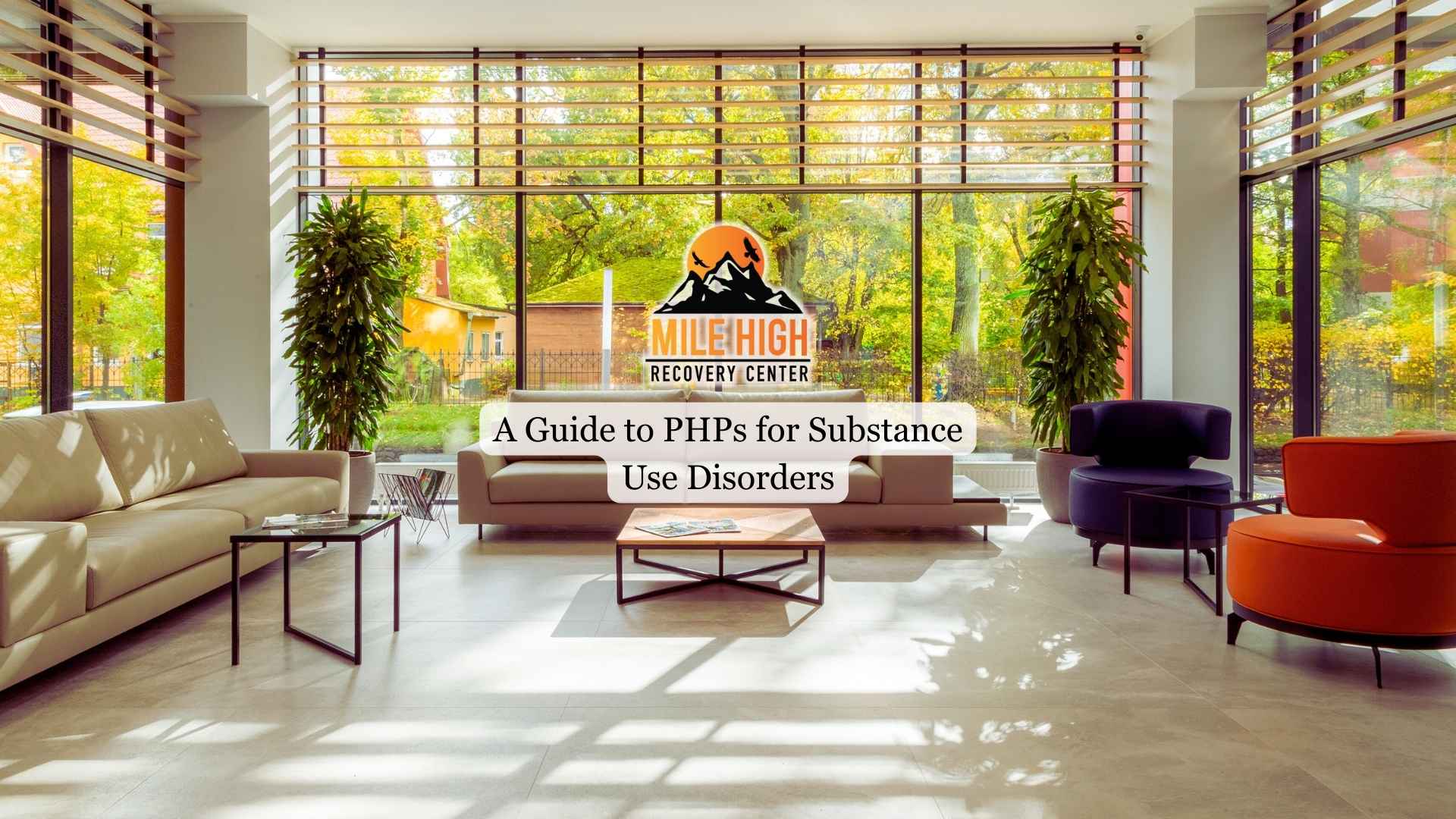Motivation is often the missing link in recovery, especially in the early stages when individuals may feel uncertain or ambivalent about change. For those struggling with addiction or substance abuse, building that internal drive can be just as important as any treatment strategy.
This article explores a targeted approach called Motivational Enhancement Therapy (MET), where a therapist helps boost individuals’ motivation and move toward lasting recovery.

Understanding Motivational Enhancement Therapies
Motivational enhancement therapies are structured, short-term interventions aimed at enhancing a person’s intrinsic motivation to change harmful behaviors, such as drug abuse. Unlike traditional therapy, which may involve long-term counseling, it is typically delivered in four sessions and is highly focused. It is based on the principles of motivational interviewing and motivational psychology, where the therapist helps explore and resolve ambivalence toward change.
The goal of this therapy is not to instruct or pressure a person into changing but rather to guide them through their own decision-making process using empathy, open-ended questions, and reflective listening. This form of therapy respects the individual’s autonomy and emphasizes self-efficacy.
The Development of Motivational Enhancement Therapy
Motivational enhancement therapy was developed in the early 1990s as part of Project MATCH, a large study funded by the National Institute on Alcohol Abuse and Alcoholism. It was designed to evaluate different types of therapy for alcohol problems. MET, created by William R. Miller and Stephen Rollnick, was built on the foundation of motivational interviewing but tailored to be a brief and strategic intervention.
The development of this approach emphasized the importance of motivation for change as a central factor in successful addiction treatment. It also introduced the concept of the stage of change model—pre-contemplation, contemplation, preparation, action, and maintenance—and highlighted that therapy should be aligned with an individual’s current stage of change.
How Motivational Enhancement Therapy Works
Motivational enhancement therapy works by helping individuals recognize the consequences of their substance use and identify their personal goals that conflict with continued drug or alcohol use. Each motivational enhancement therapy session is carefully structured to foster reflection, increase motivation, and encourage commitment to change.
A typical MET session includes:
- Personalized feedback on the individual’s substance use and its effects
- Exploration of ambivalence and resistance
- Goal setting and strategies to increase motivation
- Support for self-efficacy and commitment
Therapists use techniques of motivational interviewing and motivational enhancement therapy, such as affirmations, summarizing, and change talk, to reinforce the client’s motivation. MET therapy can also be integrated with other treatment modalities like EMDR or group counseling.
It can help those dealing with both substance abuse and mental health challenges, especially in the early stages of treatment when motivation to change is low.
Benefits of Motivational Enhancement Therapies in Addiction Treatment
Motivational enhancement therapies offer several benefits in treating substance abuse and related conditions:
- Effective in early recovery: MET helps individuals who may not yet be ready for more intensive treatment.
- Supports autonomy: Rather than confronting or directing, MET allows individuals to lead their own recovery process.
- Flexible across populations: It can be used for treating drug and alcohol addiction and co-occurring mental health conditions.
- Builds internal motivation: By fostering intrinsic motivation, MET enhances the likelihood of long-term change.
The effectiveness of motivational enhancement therapy is supported by improved treatment retention, reduced substance use, and stronger readiness to change.

MET vs. Other Motivational Therapies
Motivational enhancement therapy is closely related to motivational interviewing, but there are key differences. While motivational interviewing is an open-ended counseling style used over time, MET is a more structured, time-limited program. MET therapists follow a specific format with a focus on assessment, feedback, and change planning. This structured approach highlights a core aspect of motivational enhancement therapy: intentional, goal-driven conversations.
When comparing MET vs motivational interviewing, it’s important to note that while both aim to increase motivation, MET is often used for clients in the early stages of change and follows a clearer session outline.
Compared to cognitive behavioral therapy, which focuses on changing specific behaviors, MET focuses more on building motivation to engage in change. Still, both forms of therapy can complement each other, especially in the treatment of alcohol and other drug use.
Addiction and Mental Health: Where MET Fits In
Motivational enhancement therapy shows promise in treating co-occurring disorders, including substance abuse and mental health conditions. Because motivation and self-efficacy are often diminished by mental illness, MET can help restore a sense of purpose and direction.
This type of therapy may also be used alongside facilitation therapy or behavioral interventions. It is suitable for outpatient settings and can also be used in conjunction with alcohol use disorder.
Motivational enhancement therapy can also support those dealing with alcohol dependence, providing personalized strategies that align with the individual’s goals. The motivational principles behind MET make it an effective foundation for long-term recovery.
Final Thoughts from Mile High Recovery
MET is a focused, evidence-based approach that helps individuals increase their motivation to overcome addiction. By using principles of motivational enhancement therapy techniques, it supports lasting behavior change through self-reflection, autonomy, and goal alignment.
At Mile High Recovery in Denver, CO, we recognize that readiness for change looks different for everyone. Our trained therapists use motivational enhancement therapies in conjunction with cognitive-behavioral therapy and other proven modalities to treat addiction, alcohol, and substance use disorders, and co-occurring mental health issues. Whether you’re just beginning or working through a relapse, MET can help you take the next step forward with confidence and clarity.







